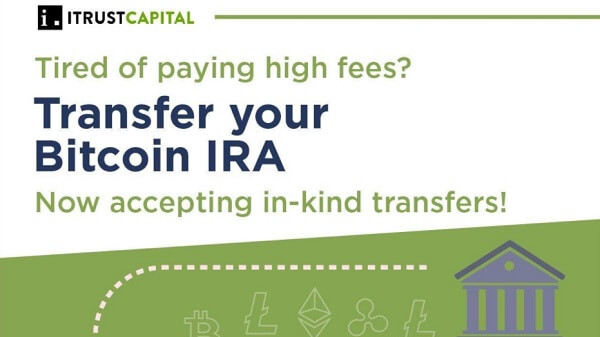
Estonia’s Ministry of Finance said on Sunday that new draft legislation for virtual asset service providers (VASPs) will not ban customers from owning or trading crypto, but the proposed requirements for VASPs could apply to decentralized wallet creators, including hefty capital requirements.
Sunday’s statement came after news spread that the proposed bill would effectively ban decentralized finance (DeFi) and non-custodial wallets. A non-custodial wallet gives users full ownership of their crypto and private keys.
Estonia did not only ban #defi, but they also banned #bitcoin.You are not allowed to download wallet and hold #bitcoin anymore in Estonia.
— Mikko Ohtamaa 🐮 (@moo9000) December 31, 2021
The tweet was referring to new rules set out in a draft bill that was approved by Estonia’s Parliament on Dec. 23. In the statement, Estonia’s Ministry of Finance said the bill is designed to tighten anti-money laundering (AML) requirements for VASPs, particularly to reduce the creation of anonymous accounts. If approved, under the new law, Estonian VASPs will be required to identify their customers when offering accounts or wallets.
“This means that the legislation does not contain any measures to ban customers from owning and trading virtual assets and does not in any way require customers to share their private keys to wallets,” the statement said.
On Monday, the Ministry also published an informational page addressing commonly asked questions about the proposed bill. According to the Ministry, the new bill is Estonia’s answer to the Financial Action Task Force (FATF) guidance on regulating VASPs.
The publication said that the Estonian Financial Intelligence Unit (FIU), which started licensing VASPs in 2017, was too lenient with its initial licensing requirements for crypto service providers. In 2020, the FIU withdrew licenses from more than 1,000 crypto firms citing poor connections to Estonia. Under the new law, an Estonian-licensed VASP has to operate in Estonia or “have a demonstrable connection” to the country.
The new bill also proposes steeper capital requirements for VASPs. Depending on the services provided, VASPS will now be required to have a minimum share capital of 125,000 euro (around $141,000) or 350,000 euro (around $395,000). For comparison, the current minimum is 12,000 euro or around $13,500.
The requirement for VASPs to collect identifying or know-your-customer (KYC) information from users is not new but builds on an existing 2020 prohibition on opening anonymous virtual accounts, according to the Ministry.
The proposed rules do not “directly apply” to users of private wallets that were not set up through an Estonian VASP. “Individuals can still freely use non-custodial wallets,” the publication said.
The Ministry clarified that the proposed legislation uses the FATF definition of a VASP which includes service providers like crypto exchanges, issuers, and some platforms facilitating initial coin offerings (ICOs). According to the new FATF guidelines, decentralized applications, including non-custodial wallets, could also fall under the new definition of a VASP.
The FATF guidance clarifies that DeFi apps themselves are not VASPs, but says “creators, owners and operators or some other persons who maintain control or sufficient influence” in DeFi arrangements can fall under the FATF definition of a VASP.
“Developers, owners or other persons who benefit monetarily from such applications could also be considered obliged entities as VASPs,” the Ministry’s publication said.
No services are to be banned, the Ministry reiterated, adding that entities that “wish to provide such services in Estonia” have to simply comply with the AML rules. The bill now has to pass Parliament, and will likely come into force in the first half of 2022.





 Bitcoin
Bitcoin  Ethereum
Ethereum  Tether
Tether  XRP
XRP  USDC
USDC  Lido Staked Ether
Lido Staked Ether  TRON
TRON  Dogecoin
Dogecoin  Cardano
Cardano
Be the first to comment